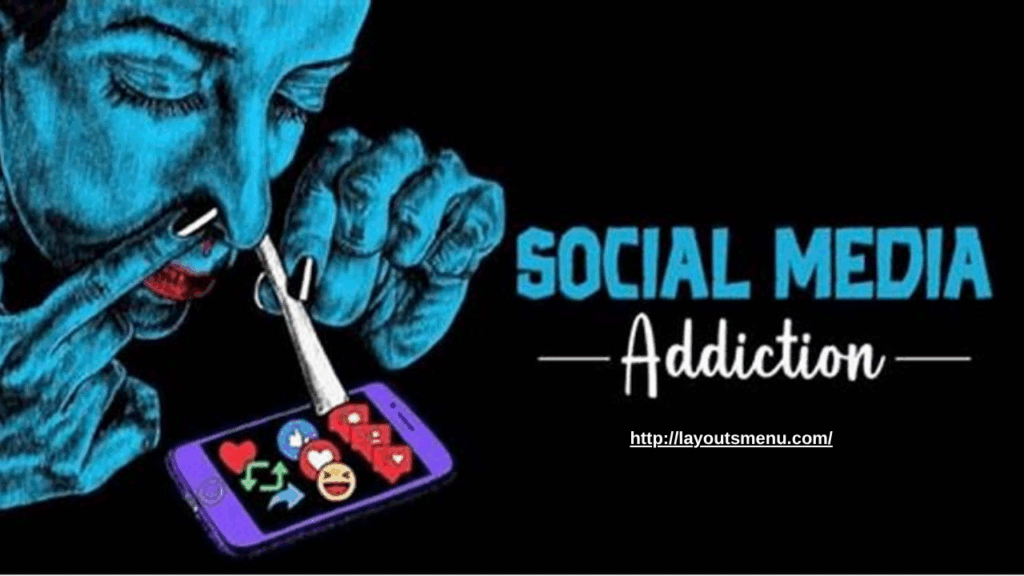
Social media, once hailed as a revolutionary way to connect and communicate, has increasingly become a source of stress, distraction, and even addiction. Platforms designed to bring people together often end up pulling them away from the present moment, their responsibilities, and their mental well-being. While it may seem daunting, beating social media addiction is entirely possible with the right strategies and mindset.
Recognizing the Problem
The first step in overcoming social media addiction is acknowledging its presence. Many people use social media habitually without realizing how much time they’re spending online or the toll it takes on their mental health. Signs of addiction include compulsive checking of apps, feeling anxious or irritable when not online, neglecting real-life responsibilities, and comparing oneself unfavorably to others.
Awareness is key. Take note of how often you reach for your phone, how you feel during and after scrolling, and what triggers your usage. This mindfulness lays the foundation for meaningful change.
Understanding the Psychology
Social media platforms use psychological principles to keep users engaged. The infinite scroll, variable rewards (likes and comments), and push notifications are all designed to exploit our brain’s dopamine system. Each new piece of content or interaction provides a small reward, reinforcing the habit and making it harder to stop.
Knowing this helps depersonalize the struggle. You’re not weak or lacking willpower—you’re up against systems engineered to be addictive. This realization can empower you to take control.
Steps to Beat the Addiction
- Set Clear Goals – Decide why you want to reduce or eliminate social media from your life. Whether it’s to regain time, improve mental health, or strengthen relationships, having a clear purpose will keep you motivated.
- Track Your Usage – Use built-in phone tools or apps to monitor how much time you spend on social media. Seeing the numbers can be a powerful motivator for change.
- Establish Boundaries – Designate specific times of day for checking social media, or limit usage to certain days. Avoid using it first thing in the morning or before bed.
- Turn Off Notifications – Disabling alerts helps reduce the compulsion to constantly check for updates.
- Remove Temptation – Consider deleting apps from your phone or logging out after each use. This extra step creates a moment to reconsider before diving back in.
- Fill the Void – Replace screen time with fulfilling offline activities like reading, exercising, journaling, or spending time with loved ones.
- Seek Support – Talk to friends or join groups with similar goals. Accountability can make a big difference in sticking to your commitment.
Long-Term Benefits
Quitting or significantly reducing social media use can lead to numerous benefits: improved focus, better sleep, higher self-esteem, and deeper relationships. Most importantly, it can restore a sense of agency over your time and attention.
Conclusion
Beating social media addiction isn’t about total disconnection—it’s about intentional living. By logging off for good or at least setting strong boundaries, you can reclaim your life, refocus on what truly matters, and cultivate a more mindful, meaningful existence.